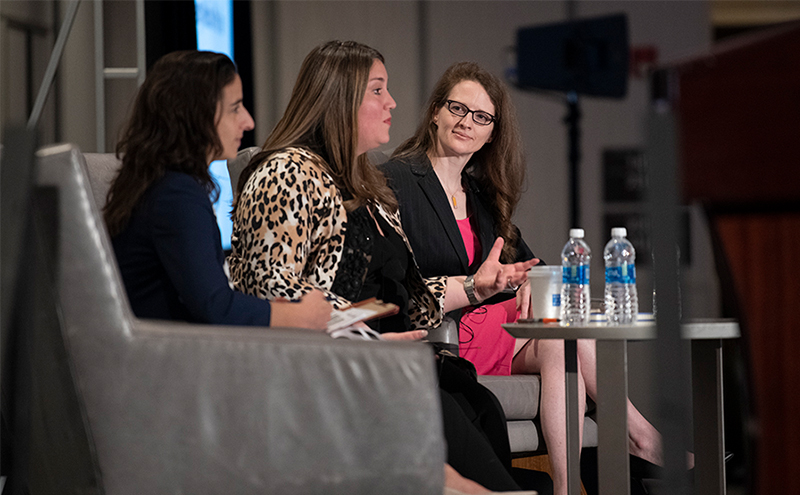The Supreme Court’s decision to overturn Roe v. Wade creates worrisome legal exposure for emergency physicians and raises many questions for those who provide care to pregnant patients.
On Monday during LAC23, an expert panel discussed the challenges that can arise when emergency physicians must navigate the complexity between evolving state reproductive health laws and federal statute.
“We, the emergency physicians at the bedside, have the decision-making authority to decide whether or not somebody has an emergency condition and what is necessary to stabilize it,” said Diana Nordlund, DO, JD, FACEP, c-chair of ACEP’s Reproductive Health Task Force and president of the Michigan College of Emergency Physicians.
Dr. Nordlund asserts that reproductive health care is an emergency medicine issue.
“I don't think too many of us are comfortable signing up for additional risk to do the job that we know how to do, that we're trained to do. It’s an EM issue and that’s why we are discussing this here today.”
Skye Perryman, JD, president and CEO of Democracy Forward, spoke about the impact of emergency physician advocacy, including the ACEP perspective shared in an amicus brief for US v. Idaho and numerous articles placed in local and national media.
“Your organization played a critical role in describing for both the courts in Texas and the court in Idaho, the real situation that physicians on the ground face with respect to the confusion, the importance of EMTALA and the importance of protecting the ability of people to receive emergency care.”
Now we have some states where emergency physicians will need to ask a continuum of questions, Dr. Nordlund observed.
“What do I do when I know what to do medically, but I don’t know the answer legally? Or what my hospital is doing; what my system is doing? Or what my group's policy is?” she asked.
Amid strong concerns surrounding what some may see as unintended consequences of legal interference into the practice of medicine, the Dept. of Health and Human Services issued a letter to hospitals and associations to reaffirm EMTALA precedent.
A panelist from the American College of Obstetrics and Gynecology (ACOG) shared her concerns, encouraged emergency physicians to use their voice, and to find ways to talk about these issues using scientific and clinically accurate terminology.
“It’s lawmakers coming in and telling you how to practice medicine and it's dangerous. It's about the physician patient relationship. It’s about evidence-based medicine,” said panelist Dorothea Lindquist, JD, chief of staff, American College of Obstetrics and Gynecology. “There are so many people who need to hear from you on this.”
ACEP advocacy updates and resources related to reproductive health care can be found at www.acep.org/post-roe.


